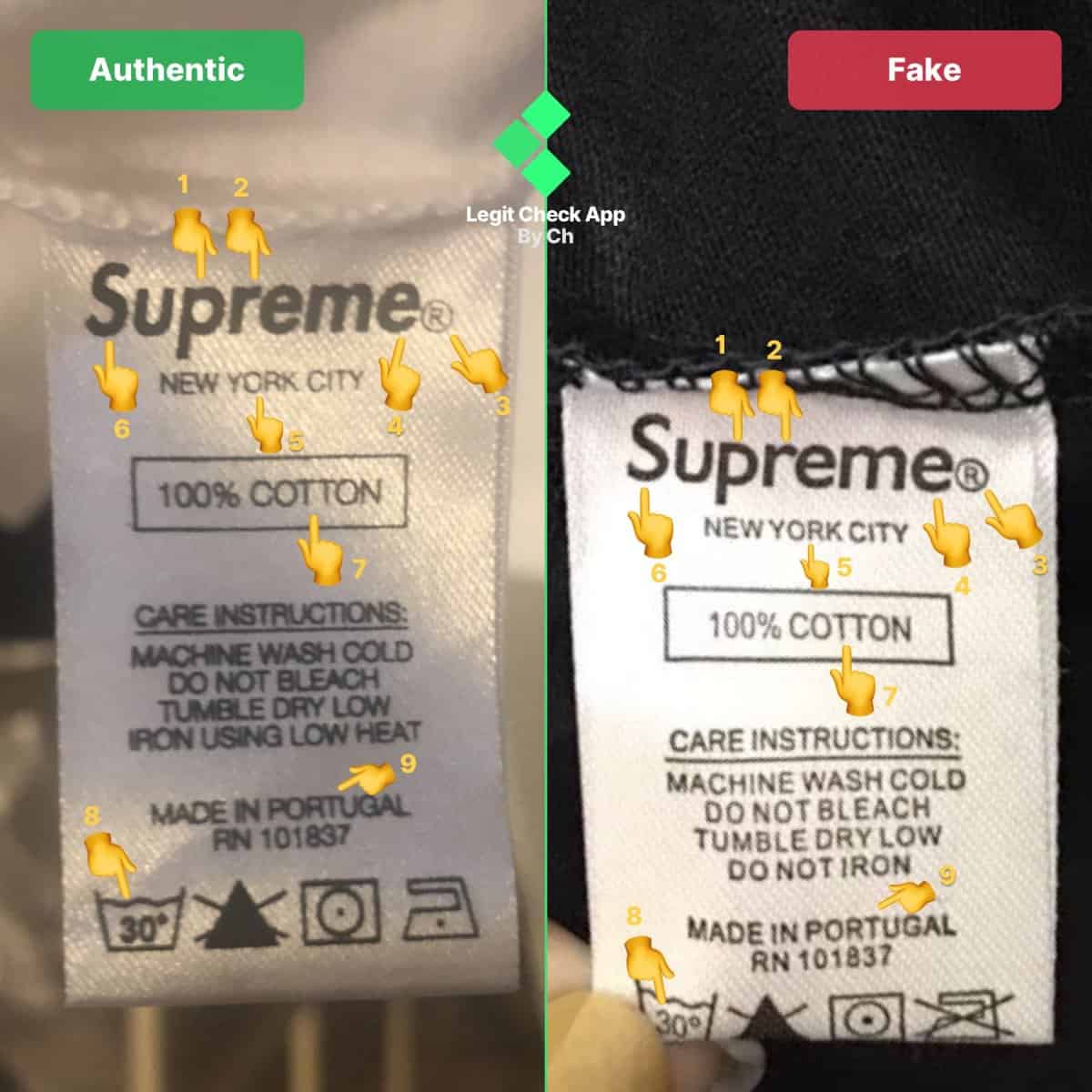

Most sanctions on Iran were lifted under the nuclear accord, so there is no suggestion any partners doing business in the country after the agreement would be breaking any laws.Ī U.S. Supreme Leader since 1989, the cleric controls the judiciary and security forces and the Revolutionary Guards, which direct Iran’s military efforts in Syria and Iraq. Tourism Financial Group and AccorHotels did not respond to requests for comment on the deal.Ĭounter to the hopes of supporters of the nuclear accord, the initial wave of investment looks likely to further strengthen the power of the state, including Khamenei, whose power far surpasses Rouhani’s. Its chief executive is the brother of Iran’s vice-president, Eshaq Jahangiri. These include a hotel management pact between France’s AccorHotels and Tourism Financial Group, a large conglomerate. Only 17 deals have gone to private companies, by Reuters’ tally. You’re recycling wealth through the elite.” “The economy hasn’t been restructured or reorganized. In Iran, “you make money if you’re close to the centers of power,” said Ali Ansari, an Iran scholar at the University of St. Iranian officials estimate that the private sector makes up only 20 percent of Iran’s economy. The state dominates Iran’s economy, so state-controlled firms were always likely to win most business after sanctions were lifted. Setad said in a statement to Reuters that Iran’s private sector “is reluctant to make large and long-term investments.” Setad and groups like it “create a favorable atmosphere for investment, private-sector development, and the downsizing of the government,” it said. It found companies in which entities controlled by Khamenei have a large or majority stake, including those that are part of the economic empire of the Islamic Revolutionary Guard Corps (IRGC), have struck at least nine foreign deals worth more than $11 billion in the last 18 months. The review found that beneficiaries of the nuclear pact include Setad Ejraiye Farman-e Hazrat-e Emam, also called EIKO, an organization overseen by Khamenei with stakes in nearly every sector of Iran’s economy. South Korean, Italian, French, German, and Russian companies have signed the most. The deals span energy, infrastructure, pharmaceuticals, and other key sectors. Many deals are preliminary agreements with no published financial value.

negotiator with Iran on the deal and now a scholar at Columbia University.įactbox: Post-sanctions deals with Iranian firms linked to Khamenei

“Iran’s leaders have probably calculated that ensuring politically connected businesses benefit from sanctions relief will protect the deal,” said Richard Nephew, a former U.S. This could help shield the accord from its Iranian critics, according to one analyst. No matter what hardliners have said about the nuclear pact, though, the Reuters analysis shows that businesses which answer ultimately to the Supreme Leader stand to gain from it. Khamenei’s criticism has helped hardliners undermine President Hassan Rouhani, who supported the deal, as he tries to win a second term. The accord also promises to dominate Iran’s presidential elections due in May. In Iran, Khamenei and other anti-Western hardliners have repeatedly criticized it because they are concerned it would open the door to Western involvement in Iran’s economy. President-elect Donald Trump, who takes office on Friday, has threatened to scrap the accord, which came into force in January 2016. Of nearly 110 agreements worth at least $80 billion that have been struck since the deal was reached in July 2015, 90 have been with companies owned or controlled by Iranian state entities, the Reuters analysis shows. REUTERS/Caren Firouz/File Photoīut a Reuters review of business accords reached since then shows that the Iranian winners so far are mostly companies owned or controlled by the state, including Iran’s Supreme Leader, Ayatollah Ali Khamenei. FILE PHOTO: Supreme Leader Ayatollah Ali Khamenei arrives to cast his ballot in Iran's Parliamentary election in Tehran, Iran, March 14, 2008.


 0 kommentar(er)
0 kommentar(er)
